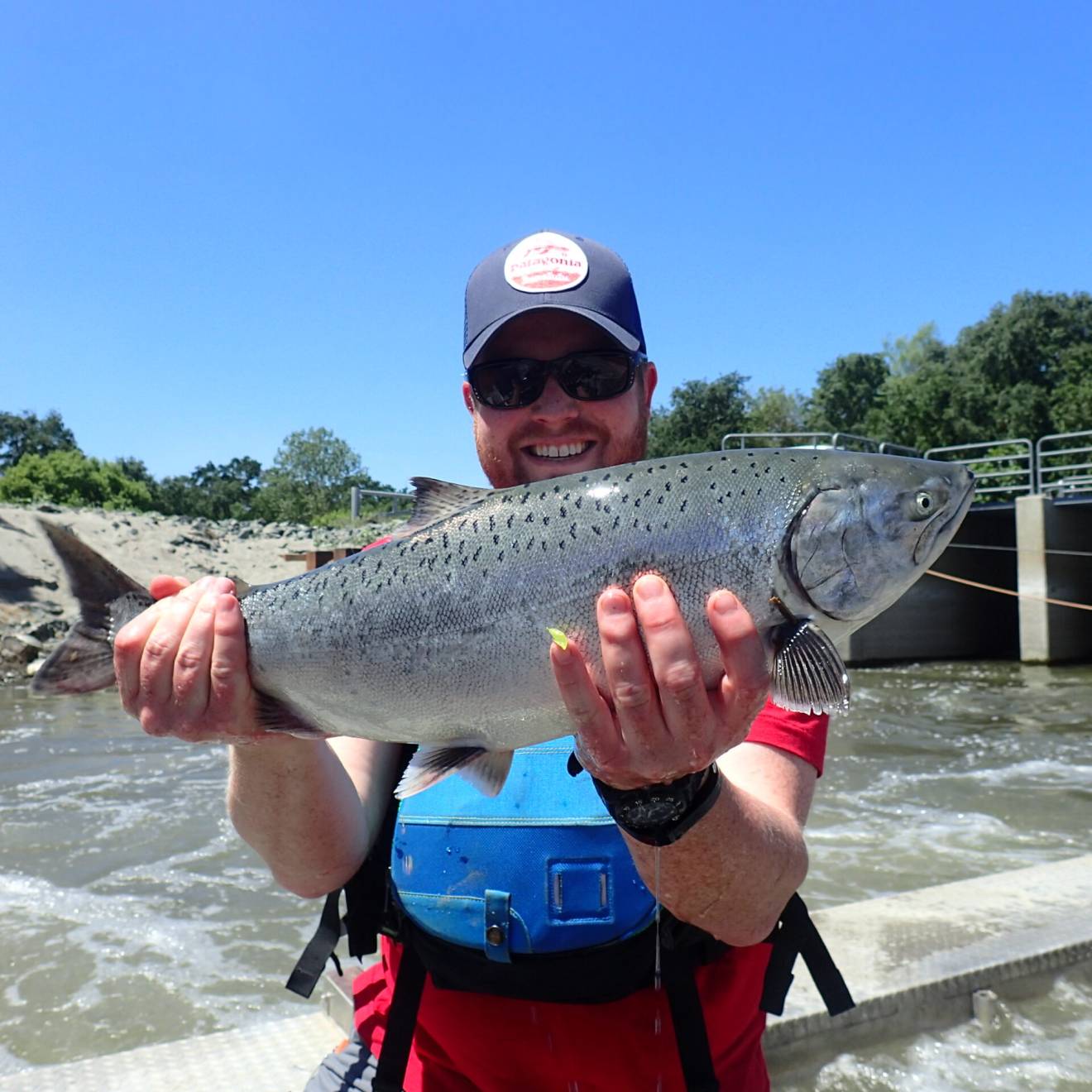Stephanie Marrus, UC San Francisco
The National Institutes of Health (NIH) has launched a pilot program to help life science entrepreneurs commercialize their technology, based on a course developed at UC San Francisco. The Entrepreneurship Center at UCSF and Steve Blank, architect of the Lean LaunchPad framework, first taught the course last fall. UCSF and Blank adopted the Lean LaunchPad methodology to be applicable for life science and health care ventures.
Lean LaunchPad has begun to replace traditional business plan-based courses as the foundation of entrepreneurship education. Started at UC Berkeley and Stanford University, the framework is now taught in more than 100 universities and has become the National Science Foundation (NSF)’s standard for commercializing science through its I-Corps program, which has trained more than 300 teams over the past three years. Teams interview a minimum of 100 market participants during the course to understand how the commercial market views the value of their science.
This 20-team pilot course is a partnership between the NSF I-Corps and NIH to assist NIH-funded researchers evaluate their venture’s commercial potential.
“We are excited that NIH recognizes the value of Lean LaunchPad in the life science domain and has adopted our course and faculty,” said UCSF Entrepreneurship Center Director Stephanie Marrus, who implemented the life sciences version of the course with Blank at UCSF. “We expect that Lean LaunchPad at NIH will have the same major impact on startup teams that we saw at UCSF last fall. We believe that this market-based approach to vetting startup ideas can make the difference between success and failure.”
The first I-Corps @NIH cohort includes life science and healthcare teams focused on therapeutics, diagnostics and medical devices. Each team is a funded company that has received an NIH SBIR Phase 1 or STTR grant.

